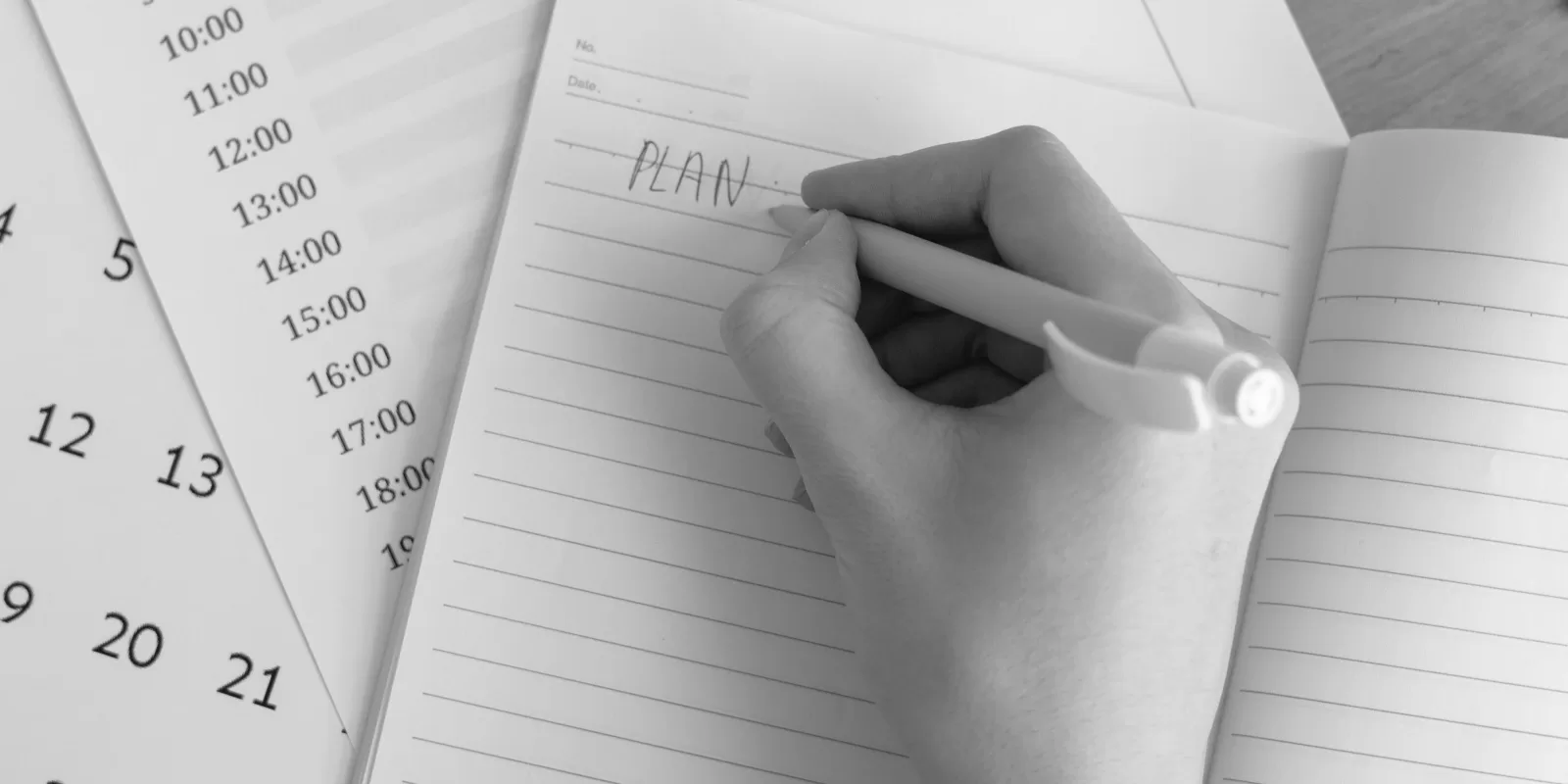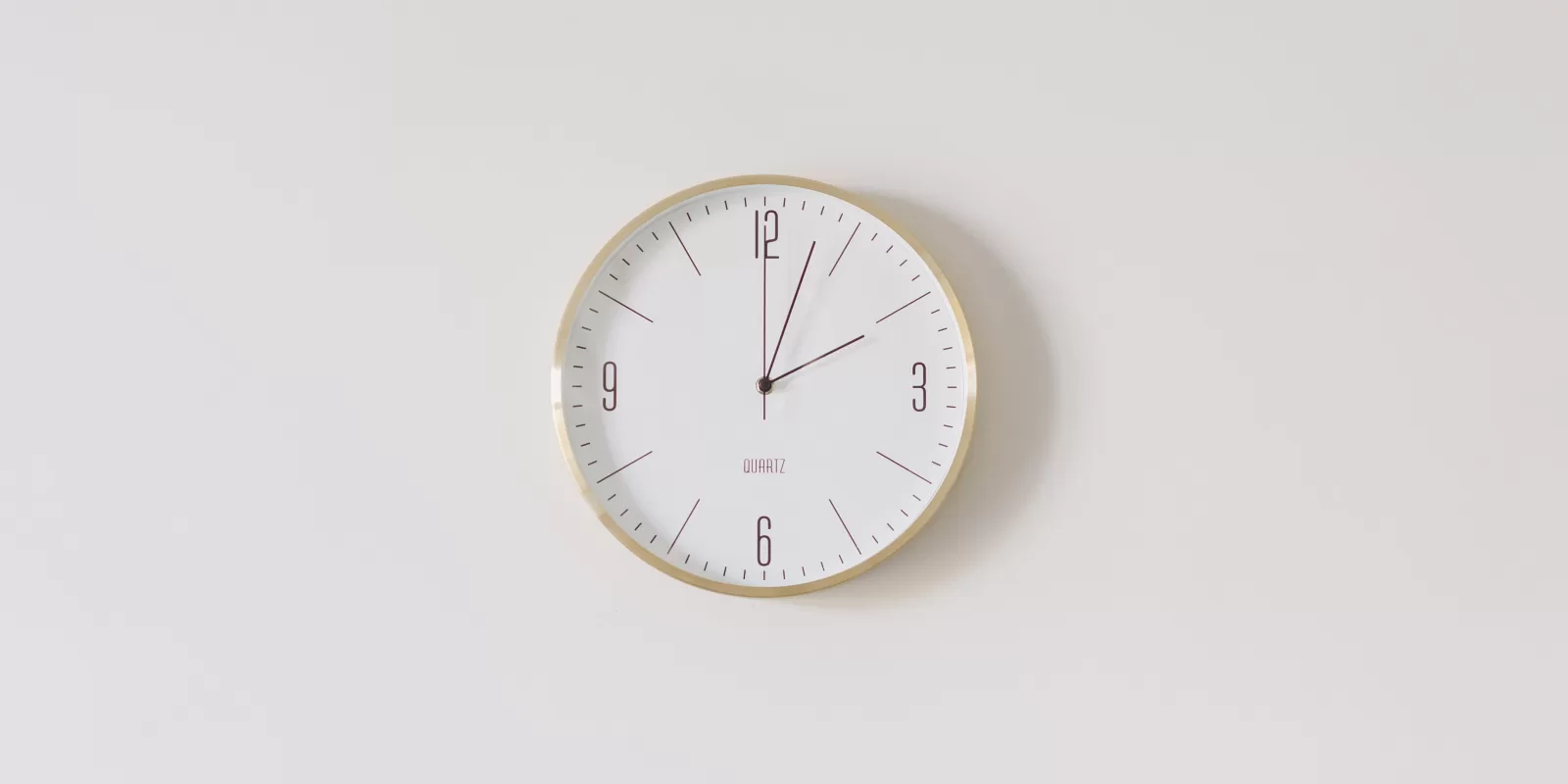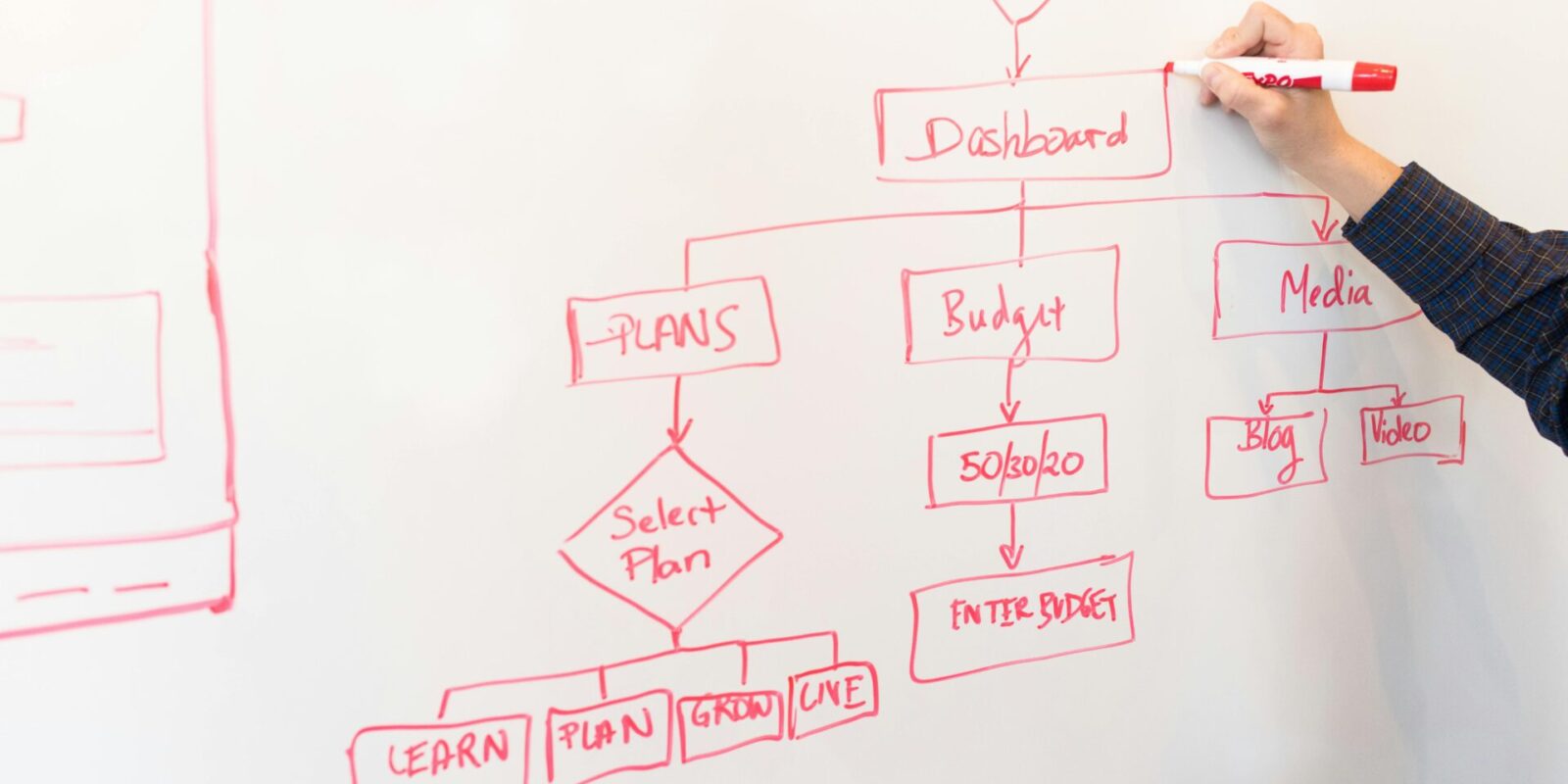
What are Open Loops?
Open loops are the things stored in your mental to-do list. Similar to open tabs on your computer. It’s something you don’t want to forget, but not something you want to get to right away. Therefore, it stays in your mind as an open loop.
You know you need to fold and put away that pile of laundry, text your friend back, donate your old clothes you don’t wear anymore, schedule that appointment, and deep clean your kitchen.
You know that these things need to get done, and you’re reminded of them repeatedly. Yet, nothing changes, and these thoughts continue to loop in your mind, taking up much of your precious mental space that you could be using to focus on other important things.
We only have so much brain power that we can use at a time. These open loops create mental clutter and anxiety.
Procrastination-
‘I’ll do it later” is the motto you might tell yourself, yet later never comes. Not only do these tasks linger incomplete, but now you have all sorts of feelings attached to them. You might feel guilt and shame for not getting them done sooner.
Especially in today’s day and age, where our phones or other screens are the easiest place to direct and keep our attention. When you pick up your phone for a quick little check-in, what was meant to be 5 minutes can roll over into 2 hours.
Human attention spans are getting shorter and shorter. When certain tasks don’t appeal to us right away, we turn to our phones to make ourselves feel better and distract ourselves. However, this only makes us feel worse because that was two hours we could’ve spent completing our said tasks. It’s a harmful cycle that, unfortunately, repeats unless you decide to make a change.
Don’t stress because here we’ll go over some ways that you can take control of your life, close those open loops, free up your mental space, and decrease your to-do list anxiety!
To-Do Lists-
 Writing a to-do list is full of hope and optimism. You look at all the things you’re going to cross off your list today! Only for the end of the day to approach with many of your boxes unchecked. A to-do list can sometimes be a little unrealistic, especially when you’re piling 10+ tasks on the list.
Writing a to-do list is full of hope and optimism. You look at all the things you’re going to cross off your list today! Only for the end of the day to approach with many of your boxes unchecked. A to-do list can sometimes be a little unrealistic, especially when you’re piling 10+ tasks on the list.
This will lead to feelings of failure when you don’t complete the said list at the end of the day. Aim to shorten this list to only the most important tasks and focus on those. You can add more when the top priorities are done. Shortening your to-do list appears much more approachable to start and attainable to complete.
Pomodoro’s-
The Pomodoro method is a time-blocking technique that can help you properly prioritize the things at the top of your list. Read our post, which is linked here, to learn how to use the Pomodoro method.
Write out your three most important tasks for the day and the estimated number of Pomodoro’s you’ll need to complete them. It’s suggested to work in 25-minute time blocks and then take a short 5-minute break. After you’ve completed four Pomodoro’s, then take a longer 25-minute break.
Only move on to the next task once you’ve completed the first task. If and when you finish the top 3 assignments, should you continue with anything else on your list? Completing Pomodoros is good for working on your larger tasks that take a bit of time. This method ensures you can break up your large tasks into smaller bites so they’re less overwhelming.
2-Minute-Rule
 While Pomodoros are good for larger tasks, the 2-minute rule is good for smaller tasks. David Allen coined the concept of the 2-minute rule in his book “Getting Things Done”.
While Pomodoros are good for larger tasks, the 2-minute rule is good for smaller tasks. David Allen coined the concept of the 2-minute rule in his book “Getting Things Done”.
It applies the rule that if a certain task will take two minutes or less, then you should do it right away. Don’t write it your to-do list, don’t let it become an open loop, and don’t give it any more of your time or energy when it realistically can be done within two minutes.
Many important tasks will probably take more than 2 minutes, but this way, you get those smaller open loops out of the way so that you can focus on larger tasks and the bigger picture. Even if you have a larger task, the 2-minute rule can also guide you in the right direction.
Usually, the hardest part of doing anything is getting started. Tell yourself that you must complete two minutes of a task, and after two minutes, if you still feel overwhelmed, you can stop. Typically, once you’ve gotten over the two-minute hump of an assignment, you’ve already gotten the ball rolling enough to feel confident enough to keep going. As soon as you get some momentum going, the rest is easy.
Multitasking-
Multitasking is often viewed as a skill that women are very good at. While this might be true, you’re brain shouldn’t be trying to focus on too many things at once. Especially if you have ADHD, you might spend a minute on this, hop over for a couple of minutes on that, move on to the next thing, and repeat and wonder why tasks aren’t getting finished.
Practice working and giving your full attention to one thing at a time. Focus on the task at hand and give it your full attention. You might be surprised that you’re able to complete tasks more quickly and easily when you don’t give it your half-divided attention. You’ll most likely accomplish a higher quality of work at the same time.
Let Go-
Realistically, you probably have multiple open tabs on your computer that you haven’t circled back to all week, yet you keep them open. Let it go. Let go of the open loops in your life and your mind that aren’t fitting into your life right now.
Take inventory and think of which open loops aren’t going to close in the physical world anytime soon. Let those go so that you can focus on what you can do. If you’ve been dying to learn pottery but work two jobs and have kids, or if you’re in school and work on the side and have zero extra time, you can always come back when you have more spare time.
You’ll free up mental space and release the guilt of having all these open loops that you can’t close right now. Know that you can always come back to certain things in a different phase of life. Put the idea on the shelf and come back to it at a later date.
Delegate-
 Asking for help can be tough. We all want to feel like we have it together and don’t need any help, but that’s not the case. Think about what tasks you can delegate. Can chores be split better within your household, or can you afford to hire help a few times a month?
Asking for help can be tough. We all want to feel like we have it together and don’t need any help, but that’s not the case. Think about what tasks you can delegate. Can chores be split better within your household, or can you afford to hire help a few times a month?
Do you have administrative tasks that can be delegated to a virtual assistant? For whatever reason, asking for help can feel like a failure when you realize you’re not a superhuman. Come to terms with this disappointment and practice asking for help whenever and as much as you need it.
There are only so many hours in a day and only so much one person can do. With home life, work life, hobbies, and trying to sprinkle in self-care, it can feel overwhelming to try and do it all. Many of the world’s most successful people have a ton of help. Do what you do and do it well, delegate the rest.
Final Thoughts-
It’s time to close those pesky open loops once and for all that are sucking up so much of your precious time and energy. To close the loops that replay over and over again in your mind might take some practice and intentional effort.
First, release guilt, shame, or judgment from yourself. Human attention spans are short, and it’s getting harder and harder to remain productive and focused. Aim to keep your to-do lists short and realistic. This way, you can actually get to crossing things off.
Use the Pomodoro technique to time block so that your energy is placed into short bursts of deep work instead of long stretches of half-assed work. Practice David Allen’s 2-minute rule to quickly remove any to-dos that should be fairly quick to complete. Avoid multitasking, which can lead to a whole lot of nothing, and instead hone in on one task at a time.
Let go of unimportant open loops that you know aren’t going to be handled any time soon. Shelve the idea and come back at a later date. Lastly, delegate tasks that you don’t NEED to be doing yourself. You’ll save yourself so much time and headaches by practicing delegating.
Hopefully, these steps will help you close out the open loops in your mind. This should give you more time and energy to focus on what really matters.




